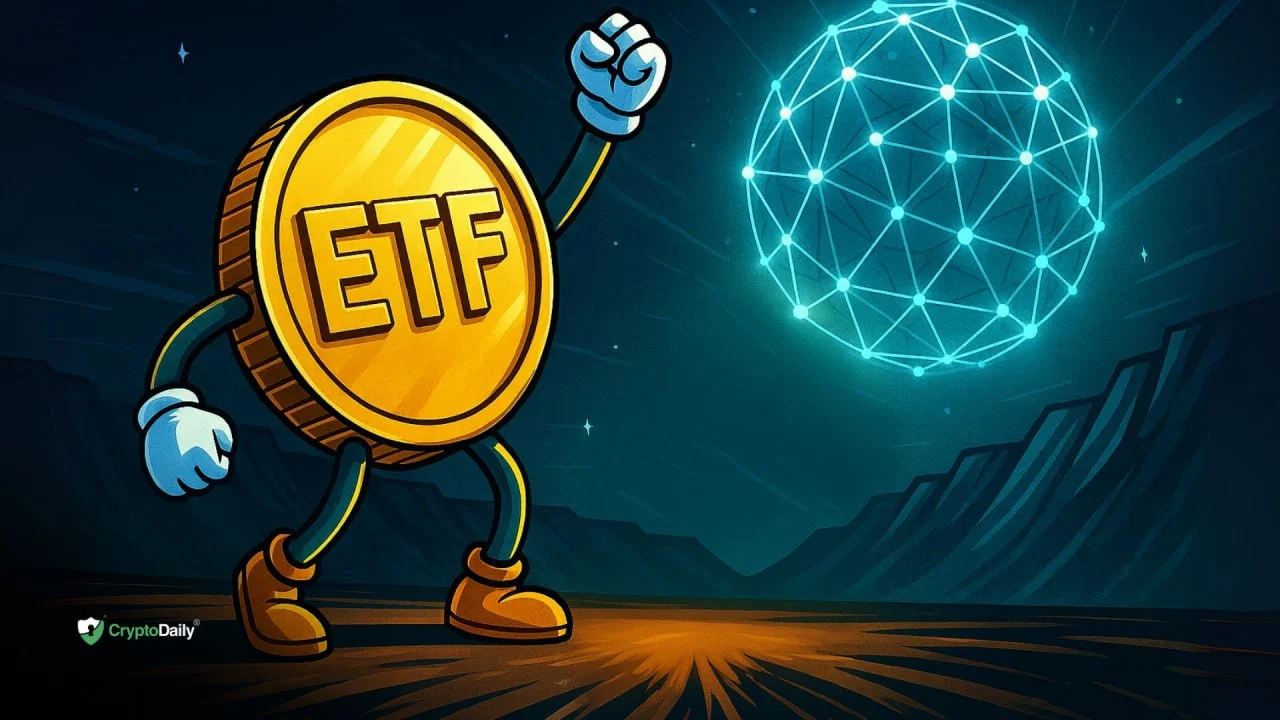BlackRock Eyes Tokenized ETFs in Bid to Modernize Wall Street
BlackRock Inc., the world’s largest asset manager, is examining the possibility of bringing exchange-traded funds (ETFs) onto blockchain systems through tokenization, according to people familiar with the matter.
Exploring Tokenized ETFs
The move to introduce tokenized ETFs to blockchain would mark one of Wall Street’s most significant steps toward merging traditional investment products with digital infrastructure. Discussions inside the New York-based firm are focused on how ETFs, which track real-world assets such as stocks, could be issued as tokens on blockchain networks. While still subject to regulatory approval, such a shift would open new opportunities in global markets and modernize the way ETFs are traded and used. A BlackRock spokesperson declined to comment.
Tokenization essentially creates blockchain-based versions of traditional financial assets, allowing them to move outside the confines of conventional trading hours and infrastructure. For ETFs, this could mean around-the-clock trading, greater accessibility for international investors, and enhanced use as collateral within crypto-native networks.
Building on Recent Successes
BlackRock’s interest in tokenization comes after two landmark products strengthened its digital assets footprint. Its iShares Bitcoin Trust (IBIT), the world’s largest Bitcoin ETF, has attracted massive inflows since launch. Additionally, the BlackRock USD Institutional Digital Liquidity Fund (BUIDL), a tokenized money market fund introduced in 2024, has grown to more than $2 billion in assets under management.
These ventures highlight the firm’s ability to position itself early in areas where traditional finance meets blockchain. BlackRock has also conducted tokenized fund share transactions on JPMorgan’s Onyx, recently rebranded as Kinexys, signaling growing industry experimentation with on-chain settlement models.
Industry Momentum Toward Tokenization
The push toward tokenized ETFs reflects broader momentum across financial markets. Galaxy Digital recently became the first Nasdaq-listed firm to tokenize its common stock, while Nasdaq itself has filed with the U.S. Securities and Exchange Commission (SEC) for permission to let investors trade tokenized equities. Meanwhile, platforms such as Kraken and Robinhood already offer tokenized stocks to overseas users, and startups are testing similar models in controlled environments.
The SEC has indicated openness to tokenization, having launched “Project Crypto” to explore how U.S. markets could eventually operate on-chain. Together with the Commodity Futures Trading Commission (CFTC), the agency is evaluating frameworks that could allow traditional financial markets to operate on a 24/7 basis, similar to the crypto sector.
BlackRock’s Advocacy and Industry Outlook
BlackRock CEO Larry Fink has been among the most vocal advocates of tokenization. “Every financial asset can be tokenized,” he wrote in his 2025 annual letter to investors. Earlier this year, Fink urged regulators to approve the tokenization of bonds and stocks, arguing the shift would cut institutional costs and simplify investing.
Proponents of tokenization believe ETFs are a natural proving ground for blockchain-based finance, given their structural flexibility. As industry leaders like BlackRock expand their presence in the space, tokenized products could become a bridge between traditional and digital markets, offering instant settlement, fractional ownership, and global accessibility.
Disclaimer: This article is provided for informational purposes only. It is not offered or intended to be used as legal, tax, investment, financial, or other advice.
source ; https://cryptodaily.co.uk


